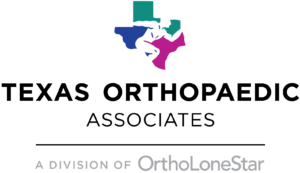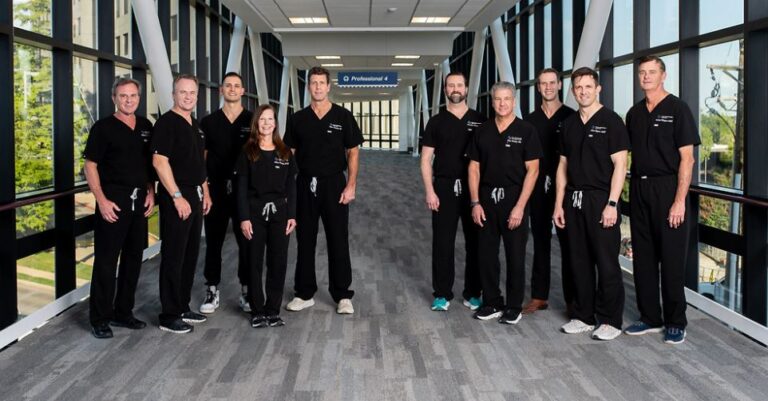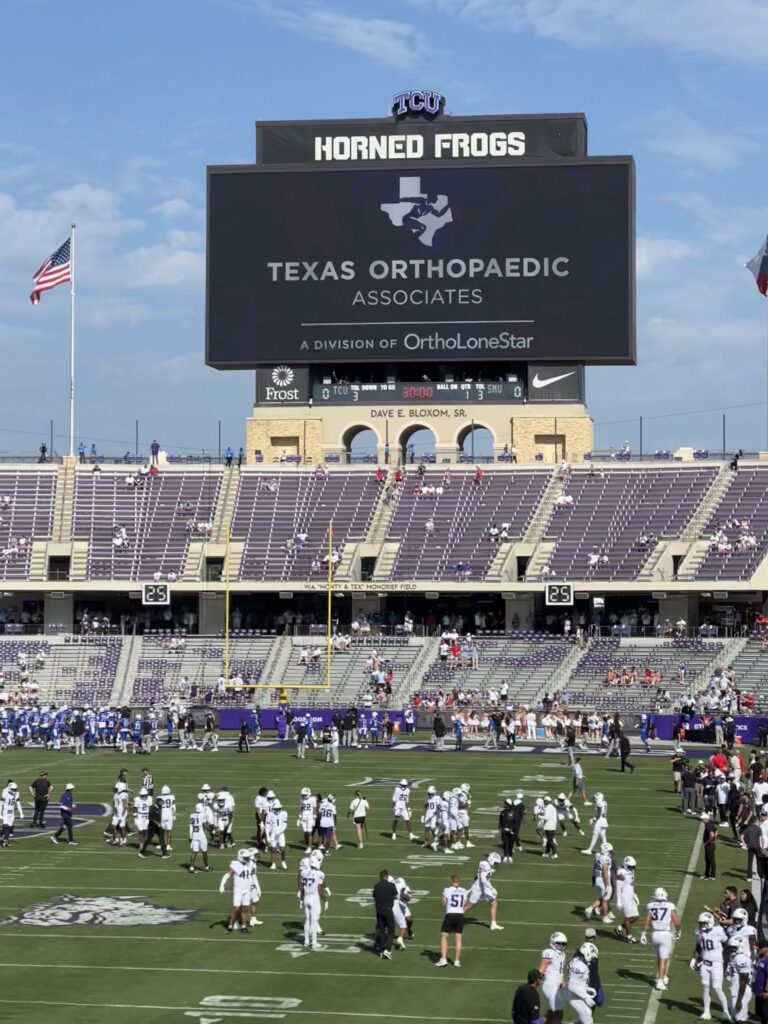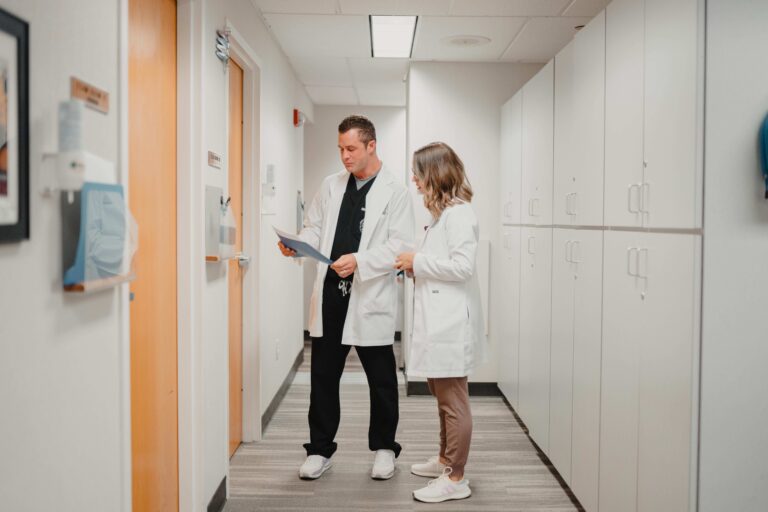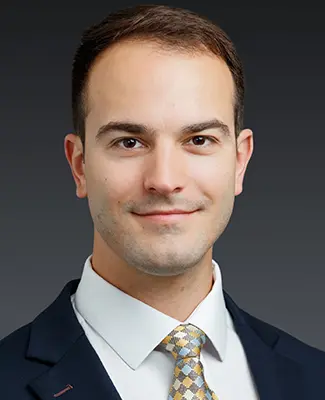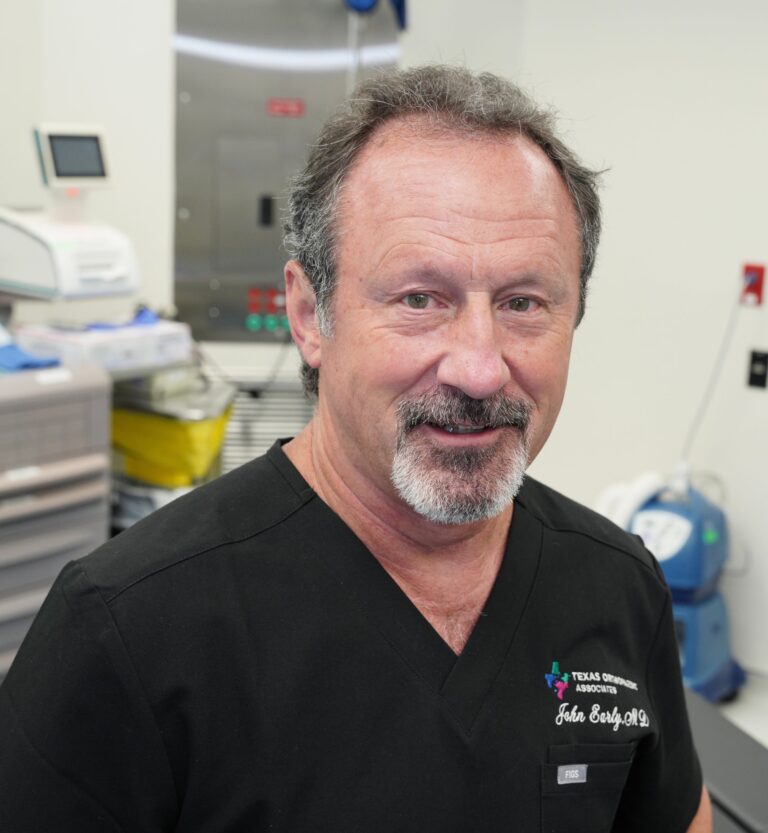Purposely injuring an injury may not sound like a treatment that can help you get better, but that’s exactly how shockwave therapy works.
At Texas Orthopaedic Associates, LLP in Dallas and Plano, Texas, our sports medicine and regenerative specialist, Robert J. Dimeff, MD, uses shockwave therapy to treat many musculoskeletal conditions, including tennis elbow and rotator cuff tendinitis. He even uses intense shockwave therapy treatments to accelerate healing in athletes so they can get back to doing what they love faster.
We want you to know more about this noninvasive treatment to see if it’s a treatment that may benefit you.
What is shockwave therapy?
Shockwave therapy is an innovative treatment aimed at healing chronic musculoskeletal conditions by purposely damaging the affected tissue. Musculoskeletal conditions include injuries or diseases that affect your muscles, ligaments, tendons, cartilage, and bones.
Also referred to as extracorporeal shockwave therapy (ESWT) and extracorporeal pulse activation therapy, shockwave therapy is a noninvasive treatment that uses high-energy ultrasound energy and mechanical waves to get the desired effects. When applied directly to your damaged tissue, the energy creates a type of injury, which stimulates your body’s natural healing powers to regenerate healthy tissue that replaces the damaged tissue.
Shockwave therapy was inspired by lithotripsy, which is a form of shockwave therapy urologists use to break up kidney stones. Urologists found that lithotripsy seemed to offer additional health benefits beyond breaking up kidney stones, including increased bone density and tissue regeneration. Researchers began to study the use of this medical technology for other treatments, including shockwave therapy for hard-to-treat, chronic musculoskeletal conditions.
The regenerative power of shockwave energy
At Texas Orthopaedic Associates, Dr. Dimeff specializes in regenerative medicine and seeks out treatments that support your body’s natural healing power to repair damaged or injured tissue, reduce pain, and restore mobility so that you don’t need invasive procedures.
The exact mechanism of how shockwave therapy works isn’t fully understood. However, according to a March 2012 report published in the Journal of Orthopaedic Surgery and Research, researchers theorize that the energy produced by the innovative tool triggers a microscopic response in the cells of the damaged tissue — purposely damaging the tissue — that stimulates regeneration of new, healthy tissue.
Who benefits from shockwave therapy?
Dr. Dimeff uses shockwave therapy to treat many chronic musculoskeletal conditions, as well as acute sports injuries. You may benefit from the treatment if you suffer from:
- Golfer’s elbow
- Tennis below
- Rotator cuff tendinitis
- Plantar fasciitis
- Achilles tendon
- Chronic hamstring pain
- Quad/patellar tendinitis
- Gluteus medius/lateral hip tendon (also known as greater trochanteric bursitis or hip bursitis)
- Frozen shoulder
- Stress fractures
Athletes with acute muscle and tendon injuries, such as those that affect the hamstring or groin, also benefit from shockwave therapy with Dr. Dimeff.
It’s not uncommon to experience pain during your shockwave therapy, but the actual treatment only takes 6-7 minutes. You can expect a gradual improvement in pain and mobility in the treatment area within a few days of starting treatment, with continued improvement over the next several months.
Depending on the severity of your musculoskeletal issue, you may benefit from a series of 3-5 treatments at weekly intervals to get the best possible results. For athletes, Dr. Dimeff may perform daily shockwave therapy to accelerate healing and help the athlete get back to their sport faster.
Don’t let your injury or chronic pain condition prevent you from living a full life. With innovative shockwave therapy, relief is possible.
To schedule a consultation to learn more about shockwave therapy and how it can help you, call Texas Orthopaedic Associates, LLP or request an appointment online today.


